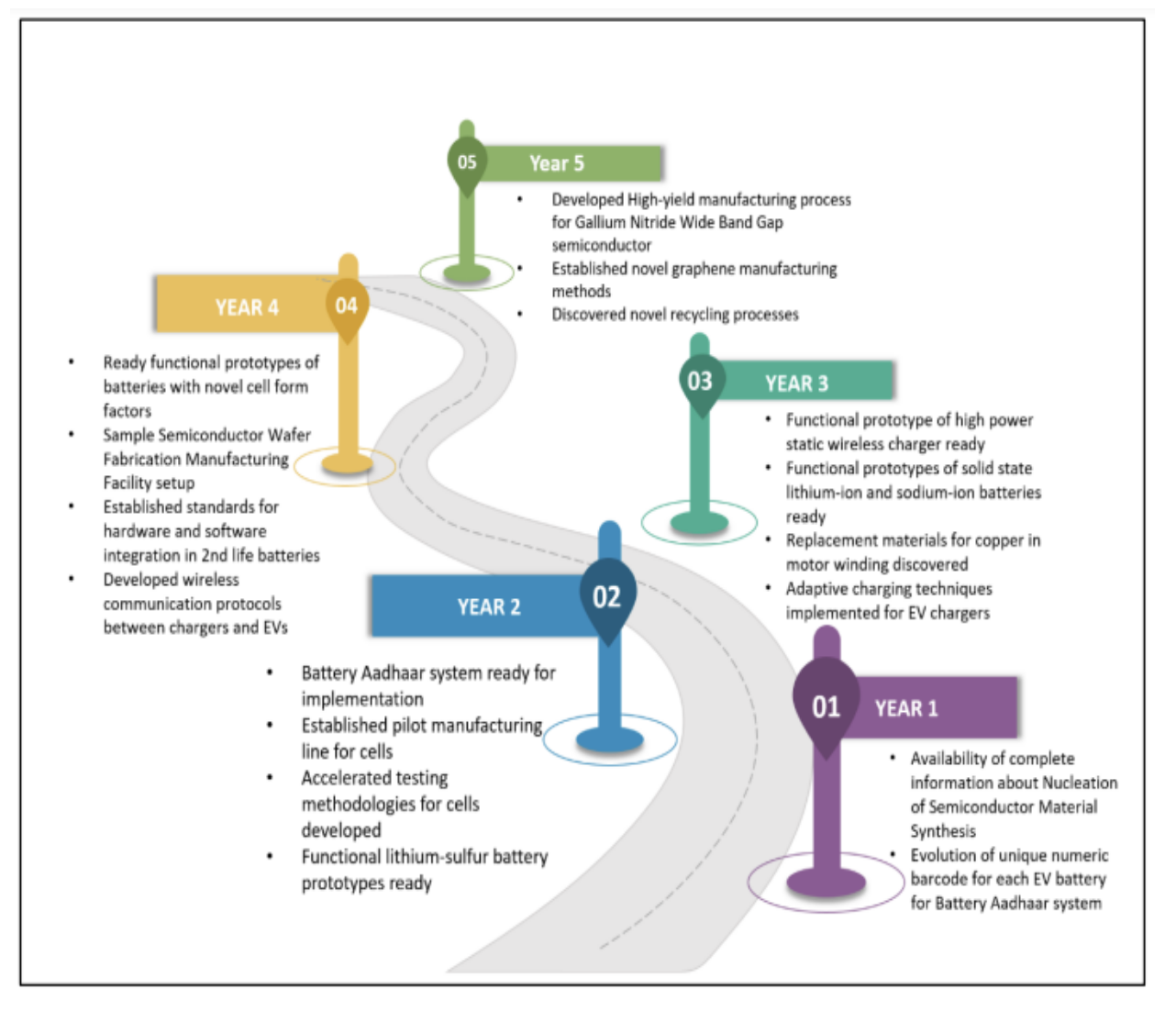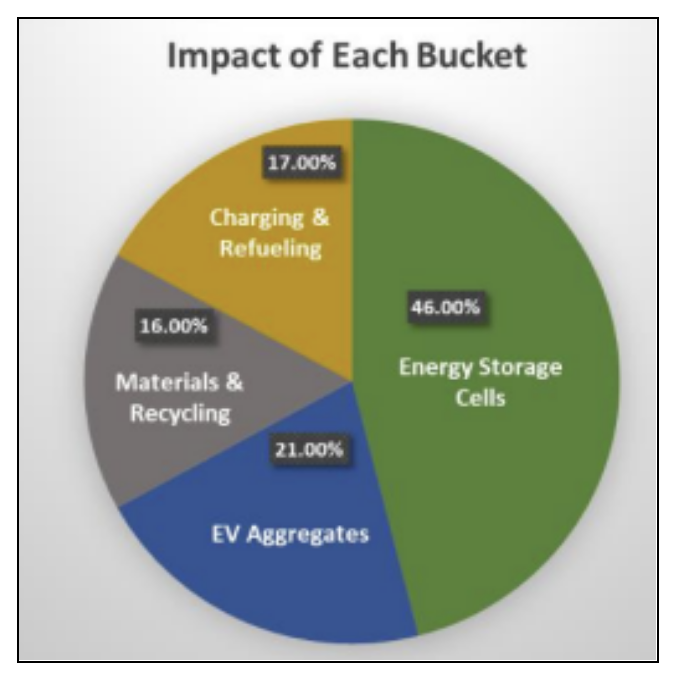News Excerpt:
An investment of ₹1,151 crore over five years could significantly advance India's position in global battery technology development, particularly for electrifying future vehicles, according to a report published.
More Detail About News
- This report, prepared by the Automotive Research Association of India and commissioned by the Office of the Principal Scientific Advisor (PSA) to the Government of India, outlines a strategic plan for achieving this goal.

Key Highlights of Report
- The "e-mobility R&D Roadmap" identifies key steps to develop the necessary technological expertise in battery technology.
- It categorizes these steps into four main areas:
- Energy storage cells,
- Electric vehicle aggregates,
- Materials and recycling, and
- Charging and refueling.
- Each area is further divided into projects with timelines ranging from two to five years, with a total projected cost of ₹1,151 crore.
- For instance, developing "solid-state electrolytes for high energy lithium batteries" is a subproject within the "energy storage cells" category, expected to take three years and cost ₹50 crore.
- The report assesses the risk levels of these projects, which range from "nil" to "high," and lists technical institutions that could potentially contribute to specific components.


Significance of Report
- This roadmap is a strategic guide outlining the necessary steps to avoid falling behind in the race to lead in battery technology.
- The research projects were chosen based on their potential impact on national energy independence, likelihood of timely implementation, market dominance, and ability to leverage existing infrastructure and resources.
Present Scenario
- India's electric vehicle fleet relies heavily on imported lithium batteries.
- While significant lithium reserves have been discovered in India, they remain underexploited, though the government has recently allowed the private sector to mine some of these rare earth minerals.
- Several ministries, including the Ministry of Heavy Industries, the Road Transport Ministry, and the Ministry of New and Renewable Energy Resources, are involved in battery research and development. The government aims for 30% of India's vehicles to be electric by 2030.
- This document provides crucial insights into what needs to be done to achieve self-reliance and is therefore a valuable contribution to our technological advancement.


